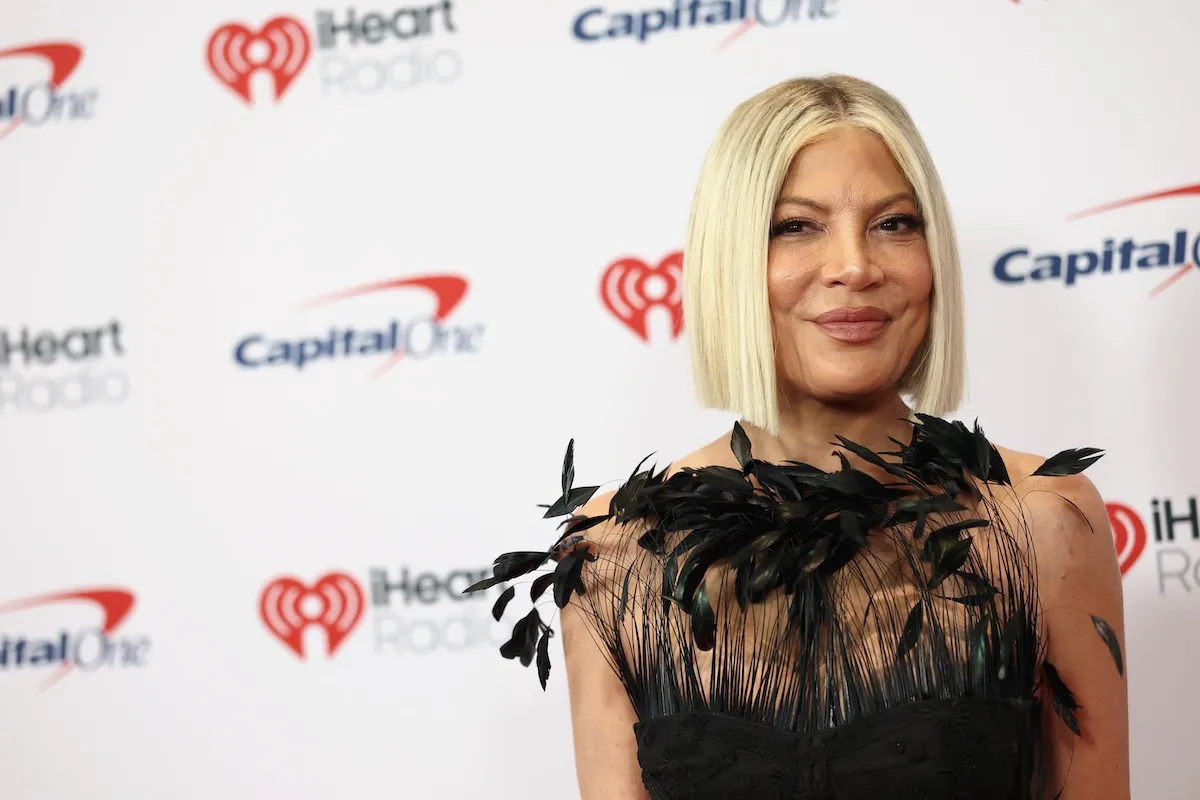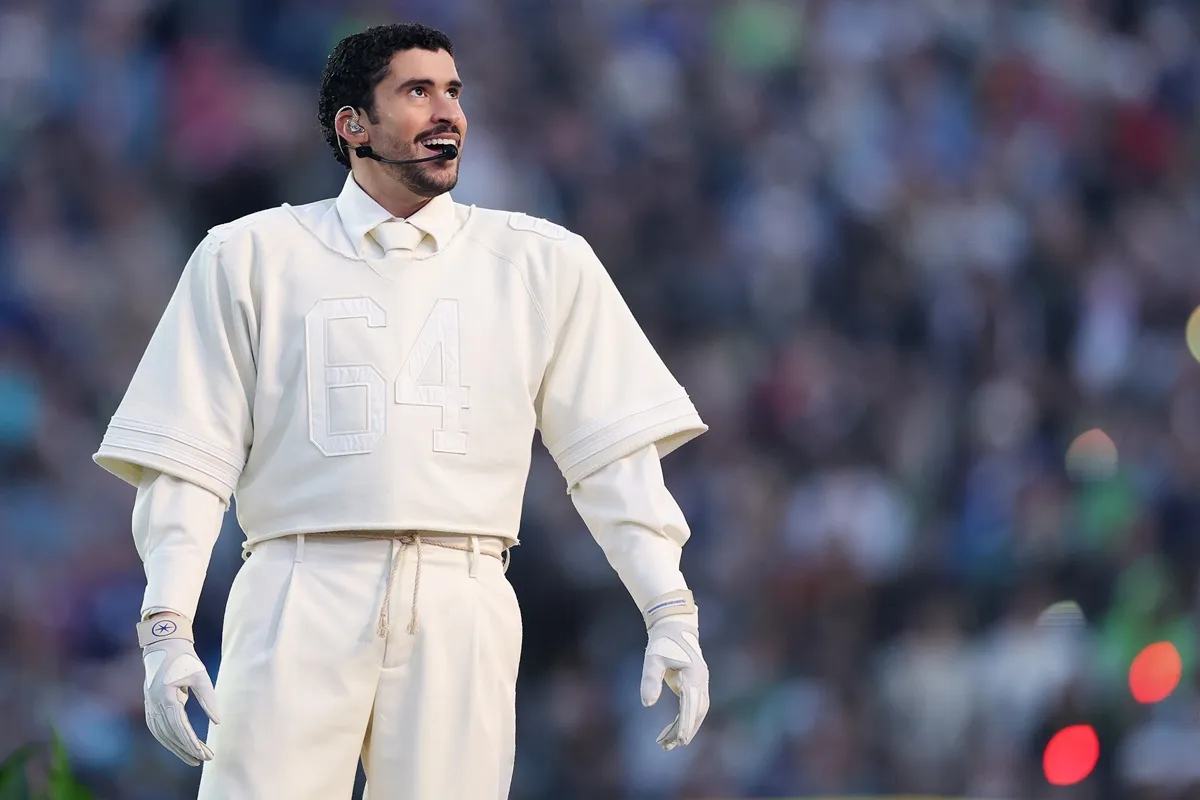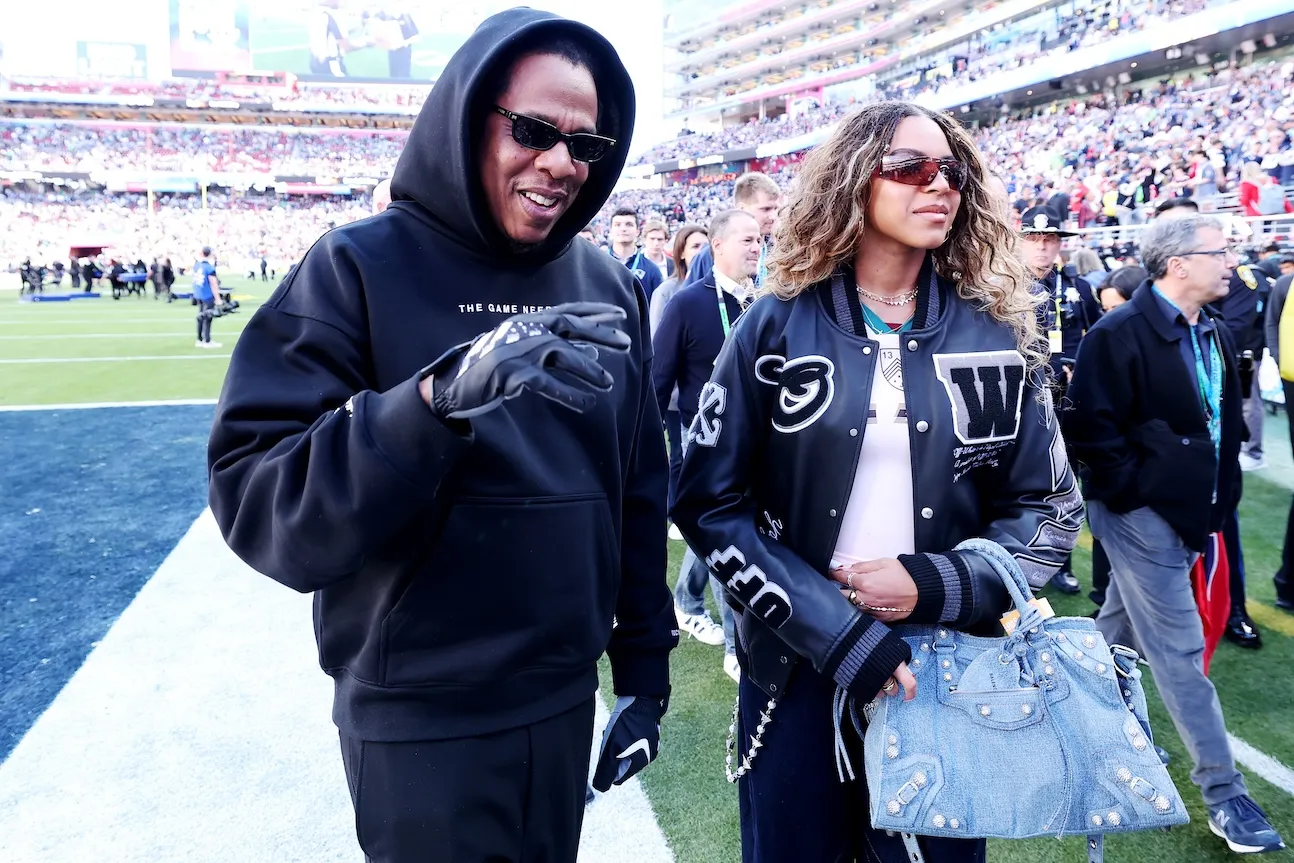‘Little House on the Prairie’ Condemned For Dated Culture Ideals, Melissa Francis Says We Need These ‘Historical Accounts’
Actor Melissa Francis played Cassandra Cooper Ingalls in Little House on the Prairie. She was shocked when the American Library Association stripped Laura Ingalls Wilder’s name from one of their most prestigious awards. Francis questioned the organization’s decision, arguing that Wilder’s work provides important historical context without being sexist.
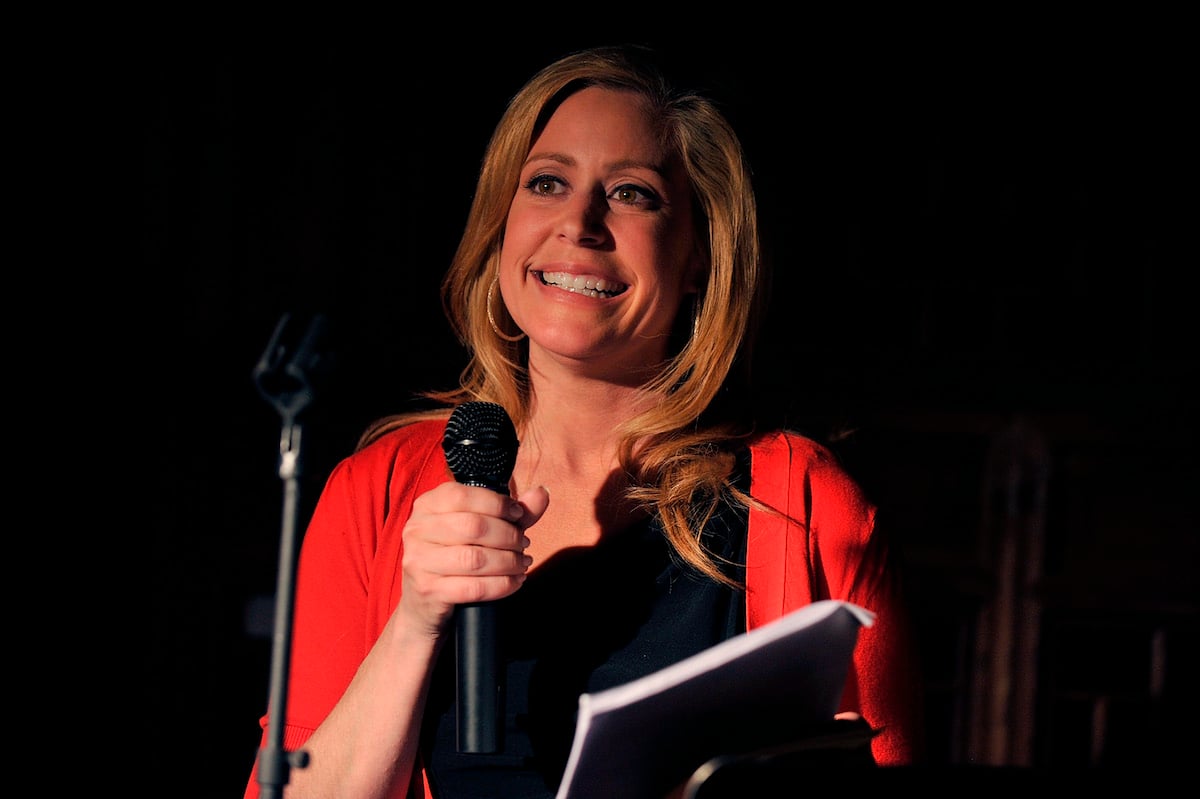
Laura Ingalls Wilder’s work reflects ‘dated cultural attitudes’
In 2018, the American Library Association renamed the Laura Ingalls Wilder Award to the Children’s Literature Legacy Award. This honor recognizes authors and illustrators whose books have made substantial and lasting contributions to children’s literature.
Changing the name was meant “to distance the honor from [the] culturally insensitive portrayals in [Wilder’s] books,” according to the New York Times.
“Wilder’s books are a product of her life experiences and perspective as a settler in America’s 1800s,” Jim Neal, the president of the association, told the outlet.
“Her works reflect dated cultural attitudes toward Indigenous people and people of color that contradict modern acceptance, celebration, and understanding of diverse communities,” said the president of the children’s division, Nina Lindsay.
Wilder’s books and the Little House on the Prairie series are still beloved by many. As such, Francis was shocked to learn about the name change.
Melissa Francis contradicts the American Library Association’s ruling to change the Children’s Literature Legacy Award
During a 2018 interview with FOX News, Francis promoted her book, Lessons from the Prairie: The Surprising Secrets to Happiness, Success, and (Sometimes Just) Survival I Learned on America’s Favorite Show. She also discussed the name change of the Children’s Literature Legacy Award.
“It is astonishing how equal women are in the books,” said Francis. She continued defending Wilder’s work, adding:
To their own physical detriment, [women] are risking life and limb pioneering just alongside the men.
The women described [in the books and the series] are working outside the home, they’re selling things — this was written by a woman, and [the American Library Association is] saying the book represents outdated cultural ideas.
Melissa Francis says ‘Little House on the Prairie’ and a slave autobiography provide the same historical context
Racism was a major reason for the association’s desire to change the award’s name. As pointed out in the New York Times article, there are several racist references in Wilder’s books. In the 1935 release of Little House on the Prairie, characters believed the notion that “the only good Indian was a dead Indian.” Native Americans were also described as “wild animals.”
In the 1941 release Little Town on the Prairie, Wilder describes a minstrel show with “five black-faced men in raggedy-taggedy uniforms.”
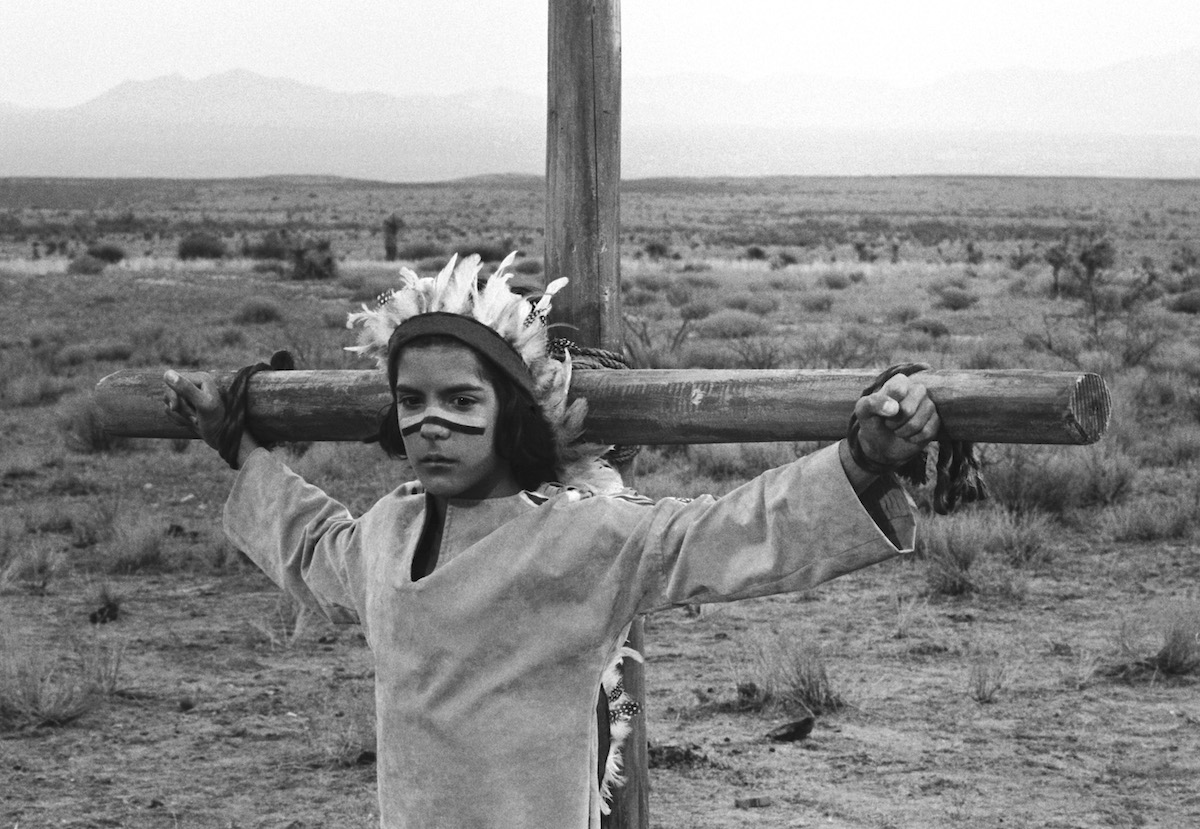
But in Francis’ opinion, these are historical accounts worthy of being shared. During her interview, Francis mentioned another book on the association’s “winners list” — Growing Up In Slavery: Stories of Young Slaves As Told By Themselves.
“I bet you there are some outdated notions about culture in that book as well,” Francis said. “[This] is why we read these historical accounts — to educate ourselves about our culture, where we came from, mistakes we’ve made in the past, [and the] strengths of our founding.”
Melissa Francis doesn’t think ‘Little House on the Prairie’ is sexist
Francis also addressed the notion of Little House on the Prairie being sexist. Considering the book was written by a “strong female author” and features several “strong female characters,” Francis questioned how the work could be.
“The ‘Me Too’ movement is all about women not getting roles in Hollywood,” Francis justified. “[Little House on the Prairie] is like an all-woman project, if you look at Laura Ingalls Wilder writing about her family, about her mother’s life on the frontier.”
Ultimately, the association didn’t change the name of the prestigious award to limit access to Wilder’s work.
“Updating the award’s name should not be construed as censorship,” Neal and Lindsay said in a statement (via New York Times). “We are not demanding that anyone stop reading Wilder’s books, talking about them, or making them available to children. We hope adults think critically about Wilder’s books and the discussions that can take place around them.”
